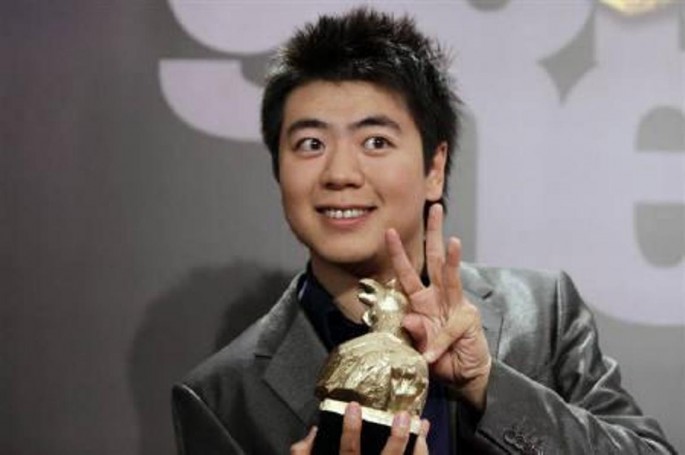A music critic published an article on Monday, Jan. 25, triggering heated debate whether renowned pianist Lang Lang actually deserves his standing.
The article revealed that the Chinese pianist got negative reviews from five British newspapers following his concert in London in December 2015, where Lang Lang played a short series by Mozart and Prokofiev with the Philharmonia Orchestra led by Esa-Pekka Salonen.
According to the Global Times, the three British publications--The Times, The Guardian and The Telegraph--went ahead and gave the live show only two out of five stars.
Furthermore, The Times awarded Lang's double Chopin album two stars out of five. Through a review titled "Charmless Lang Lang," the reviewer gave a description of Lang's presentation as "baffling."
Months later, Li Yundi was caught up in controversy for a mistake made during the South Korean concert.
The post has raised concerns about the reputation of Chinese musicians on the global stage. Some critics attribute Lang's poor reviews in the U.K. to the conservatism that surround classical music in the region.
A number of Chinese music enthusiasts are confused as to whether the reviews should be perceived a failure on Lang's part, whereas defenders often list other Chinese pianists on the international platform, including Shen Wenyu, Wang Yujia and Zhang Haochen, comparing the performances of each and debating about who won what prize.
On the other hand, 2015 was a success for Lang because he won the ECHO Klassik's Instrumentalist of the Year for Piano in August, while his Lang Lang International Music Foundation received recognition at the event.
It is surprising that when most Chinese music fans talk about reputable Chinese musicians, they leave out the playing technique, and end up comparing the number of trophies and awards earned by their favorites at top competitions. They also overlook what foreign music critics have pointed out concerning the musicians.
The comparison shows these fans' lack of confidence in their capability to appreciate music. Seemingly, their concern is the artist's global fame and commercial value as opposed to music.






















